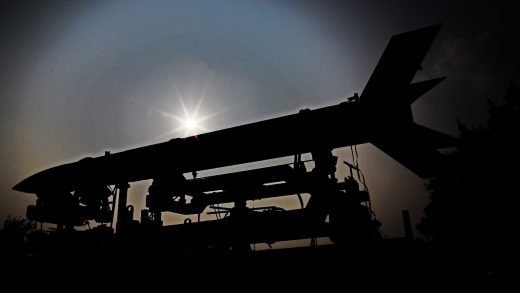
Hospitality and travel-tech firm Oyo estimates its revenue in FY23 to be more than Rs. 5,700 crore, up 19 percent from Rs. 4,780 crore it had recorded in FY22, according to its Founder & Group CEO Ritesh Agarwal. At a town hall on Monday, Agarwal told employees of the firm that Oyo is aspiring to reach adjusted EBITDA of nearly Rs. 800 crore in the next financial year.
Sustained growth in India, Indonesia, the US and the UK and relevant optimisation as well as synergies in its European vacation homes business have led to better financials of the company, he said in a presentation at the gathering with employees.
In the presentation, Agarwal said Oyo’s revenue for FY2023 is expected to be over Rs. 5,700 crore, up around 19 percent from the Rs. 4,780 crore achieved in FY2022.
Agarwal outlined that the key focus areas of Oyo in the calendar year 2023 will be on Profit After Tax (PAT) along with consistent momentum in EBITDA; achieve cash flow positive in FY24; cost efficiency and improving contribution margins and making storefront additions, among others.
EBITDA refers to Earnings Before Interest, Taxes, Depreciation and Amortisation.
He said the company is expected to close FY23 with more than 1.72 lakh storefronts, as compared to 1.69 lakh in FY22, a growth of nearly 2 percent.
When contacted, an Oyo spokesperson declined to comment.
Agarwal told the employees that Oyo has a current cash balance of Rs. 2,700 crore and the company hoped it would end up consuming very little of it for existing operations.
With an improvement in cash flow, Oyo’s reliance on external funds has also gradually decreased overtime, he added.
The company reported an adjusted EBITDA of Rs. 63 crore in the first half of FY2023 in its filing with Securities and Exchange Board of India (Sebi) in an update to its Draft Red Herring Prospectus (DRHP).
In January, Oyo was asked by Sebi to refile the draft IPO (Initial Public Offering) papers with certain updates. In September 2021, Oyo had filed preliminary documents with Sebi for a Rs. 8,430 crore-IPO.
The IPO was delayed due to the then volatile market conditions making the company prepare to settle for a lower valuation at around $7-8 billion (roughly Rs. 57,700 crore to Rs. 65,900 crore) instead of the $11 billion (roughly Rs. 90,600 crore) it was targeting initially.


